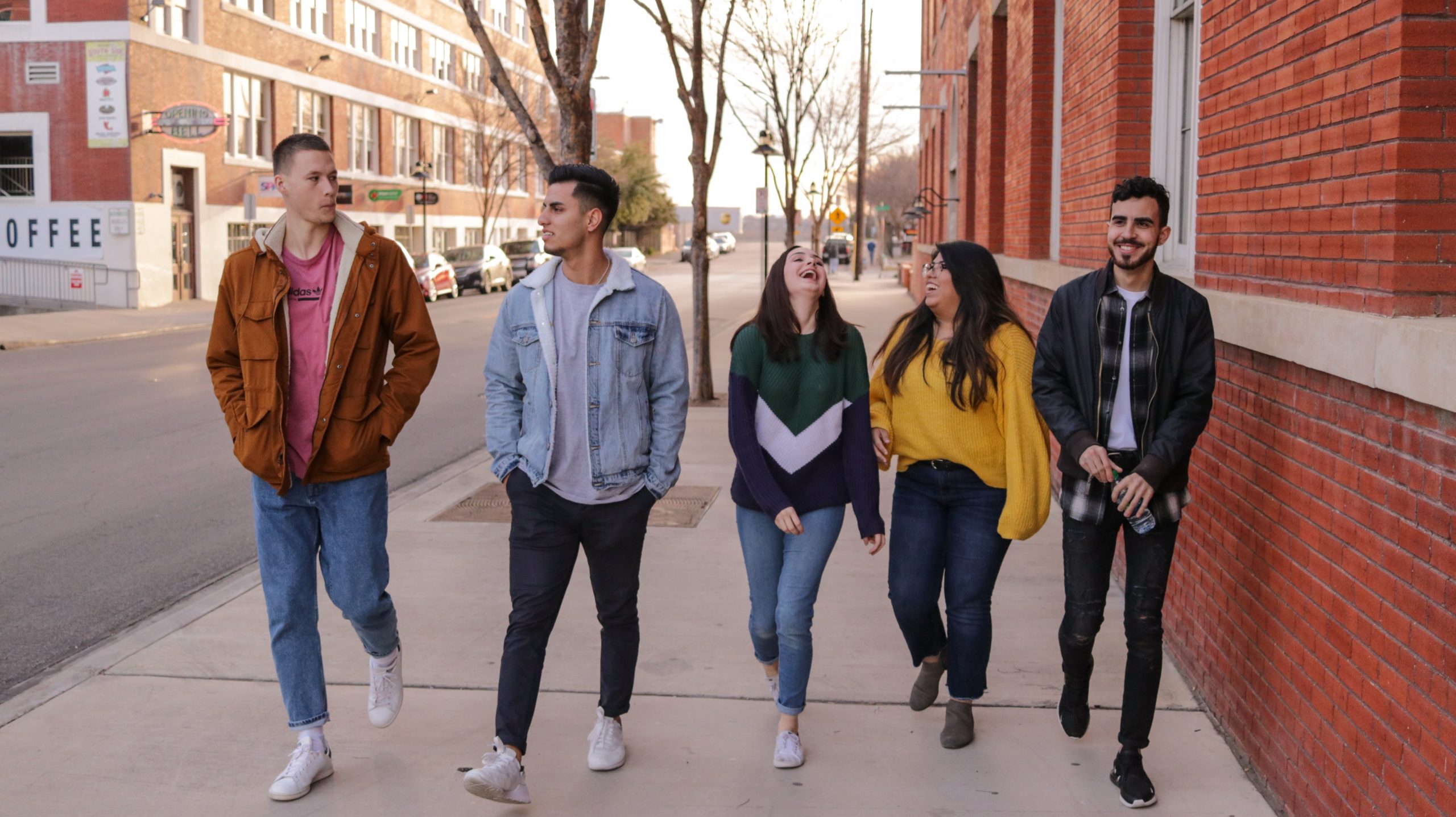
How to Help Students Fight a Victim Mentality
By: Tim Elmore
I read two recent news stories that left me stunned. One young man from India chose to sue his parents for giving birth to him. He argued that he never asked to be born into this crazy world, and he wants some cash for having to endure it. I am not kidding.
Another news story reported that a set of parents chose to sue their adult children for not giving them any grandchildren. They felt they had reached an age where they deserved to enjoy this benefit, yet their kids had failed to come through. Again, I am not kidding.
So, why do we hear more and more of these kinds of accounts?
An Expanding Victim Mentality
I argue that a growing number of people today feel overwhelmed and are looking for relief. Along the way, they accrue a “victim mentality” and feel life has dealt them a bad hand of cards. A victim mentality is a state of mind in which a person feels helpless, as if the world is against them. Someone with a victim mentality can feel pleasure when they receive attention or pity as a result of their misfortune. They may also get a perverse thrill from showing off the injury caused by others, thus creating a sense of guilt. They feel liberated by refusing to accept responsibility for a problem. Someone with a victim mentality frequently carries a sense of moral elitism, feeling morally superior to others who enjoy good fortune. The term is also used in reference to the tendency to blame one’s misfortunes on somebody else.
Often, teens can pick up a victim mindset because they actually have been victims. A study from the Barna Group reveals that 82 percent of Generation Z believes they’ve experienced at least one trauma, and for many, it has been the COVID-19 pandemic. Imagine growing up in our world today. Just look around you, and you could accurately describe society as:
- Divided. Children see adults as polarized by many issues and unable to compromise.
- Depressed. Children see older peers and parents suffering from poor mental health.
- Diseased. U.S. kids have seen millions infected and one million people die from COVID.
- Destructive. Kids have witnessed more mass shootings than we’ve had days in 2022.
- Doubtful. Our culture and economy are so volatile, kids feel uncertain about the future.
A victim mentality is an acquired personality trait: the person considers themselves a victim of the negative actions of others even when there is contrary evidence. My concern is that due to the difficult period in which we live, coupled with an adult population that misunderstands how to lead young people out of victim mentality, we could see three entire generations (Millennials, Gen Z and Gen Alpha) maturing into adulthood with this kind of mindset. Political psychologists Bar-Tal and Chernyak-Hai write that collective victim mentality develops from a progression of self-realization, social recognition, and eventual attempts to maintain victimhood status.
I don’t get scared easily, but this frightens me.
What Can We Do?
Let me reiterate that I’m not suggesting teens are lying about being a victim. Many of them have, indeed, been victims. What I’m fighting is the mindset that can follow, which leaves them in a state of helplessness, with an external locus of control, always needing someone else to solve their problems. When a student espouses a victim mentality, they feel that:
- Their lives are a series of challenges directly aimed at them.
- Most aspects of life are negative and beyond their control.
- Because of the challenges in their lives, they deserve sympathy.
- They have little power to change things and no responsibility to solve their problems.
The following are some steps we can take when we encounter a student who feels this way:
- Listen first, and speak only when you’ve earned the right to speak.
Too often, we jump to conclusions and accuse students of having no grit. While it may be true, we’ll have more success if we listen and empathize first. Once they feel heard, we have a better chance at collaborating on a game plan for them to improve. Listen, empathize, and then guide is the right sequence. Listening is almost equal to loving.
- Help them forgive themselves and others.
A teen with a victim mindset usually chooses labels for themselves or others. To rid them of this handicap, lead them in a process of identifying who they need to release and forgive, starting with themselves. I have little doubt that victim mentalities begin with a kernel of truth. Forgiveness can lead to significant breakthroughs.
- Discuss a person who’s suffered a worse fate.
When I hear a student who’s talking about how negative their life is, I often say, “Well, at least we’re not in the Ukraine right now.” I don’t say that flippantly, but as a reminder that our life is relatively good compared with so many others. I love the phrase: “I used to complain about having no shoes until I met a man who had no feet.”
- Hold them accountable to assume ownership of their progress.
Next, I often tell a story of someone who’s been victimized but who took responsibility for their outcome. Timothy Alexander is a friend who’s a paraplegic, having suffered a tragic car accident. He has the best attitude in the world. I then translate what this kind of attitude could look like in the teen today. Finally, I hold them accountable for this mindset.
- Identify one step they can take toward improvement today.
Finally, we decide together on the best, single step they can take in a new direction. What would it look like to embrace a “creator mindset” instead of a “victim mindset” right now?

Dr. Steve Maraboli said, “Your complaints, your drama, your whining, your blaming and all your excuses have never gotten you even a single step closer to your goals and dreams. Let go of your nonsense. Let go of the delusion that you deserve better and go earn it.”
Let’s invite each other to follow this mantra. It will take us far.






